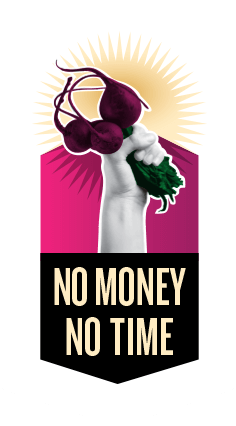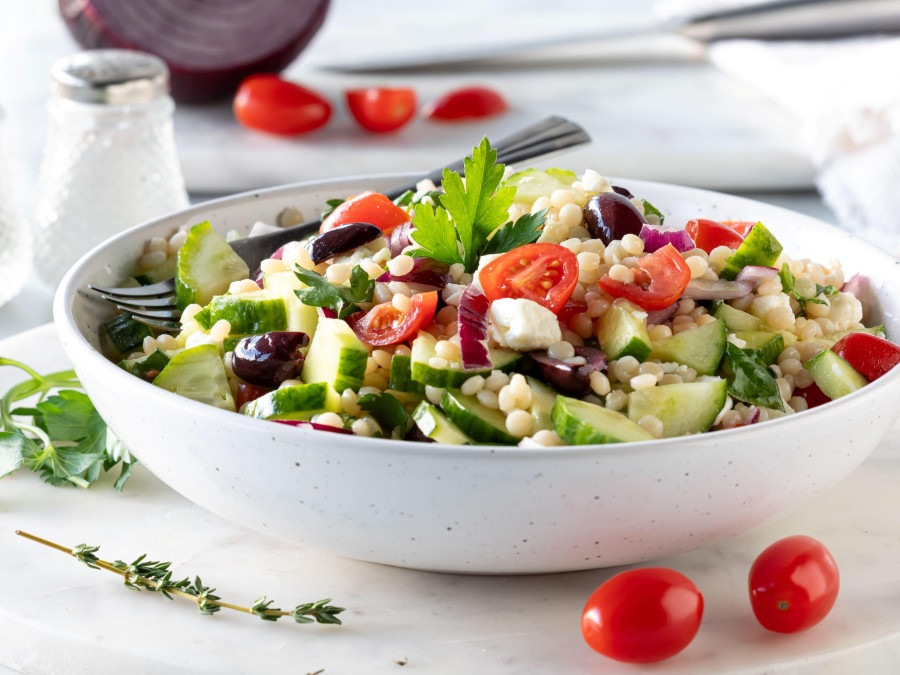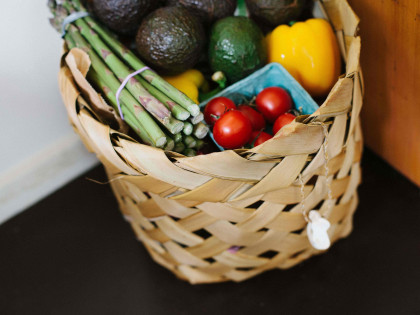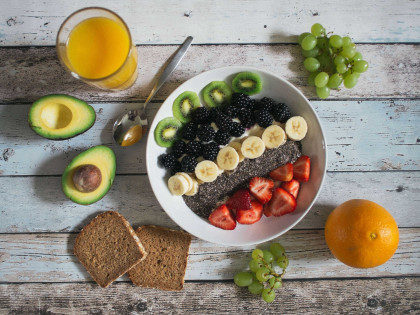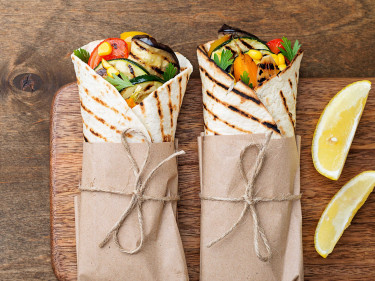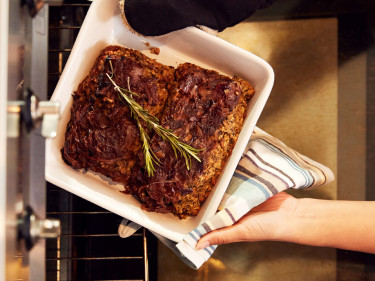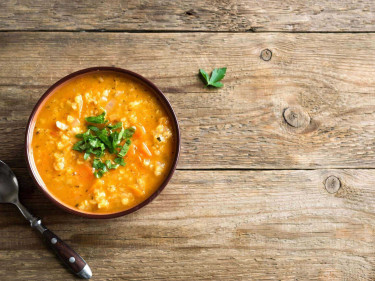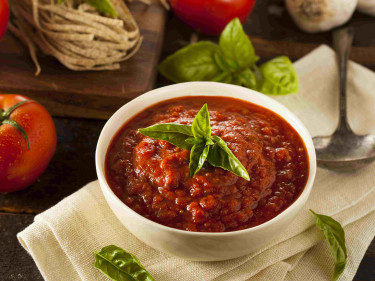Serves = 3
1 cup of pearl couscous
2 cups of baby spinach
1 handful of fresh herbs (whatever you have in the garden or fridge, we usually add parsley, mint, dill)
1 cup cherry tomatoes, cut in half
1 avocado, diced
1 cucumber, chopped
50g (about 1/3 cup) feta cheese, crumbled
2 tablespoons pumpkin seeds
¼ cup almonds, roughly chopped
1-2 tablespoons of extra virgin olive oil
Pepper

